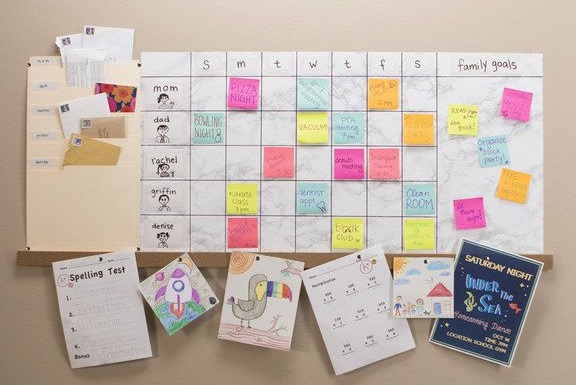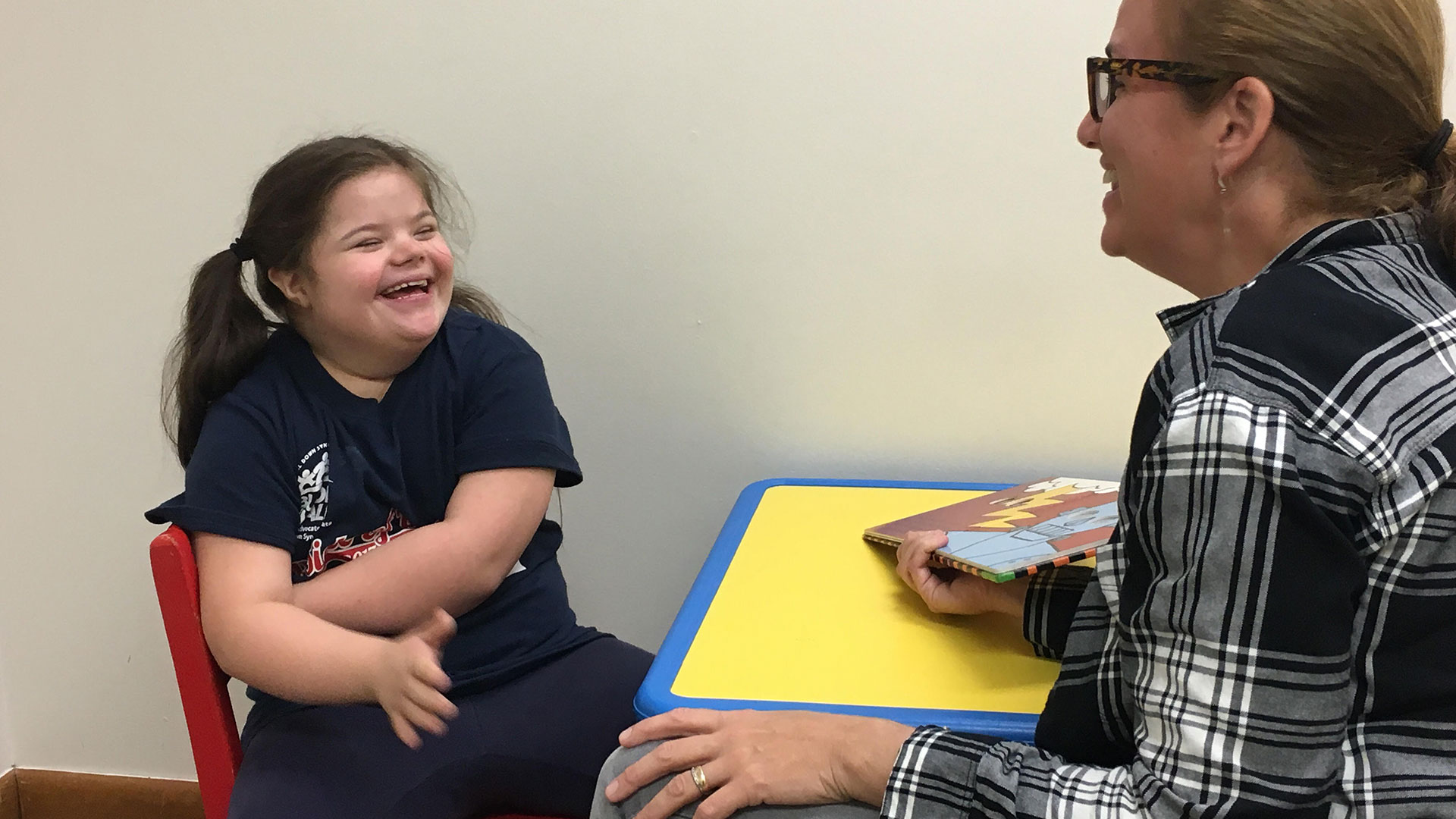For families with a child on the special needs, celebrating Thanksgiving may require some thoughtful preparation to ensure a comfortable and enjoyable experience. Here are some tips to help you prepare for a meaningful holiday celebration.
Continue readingHow to Survive After School Routines: A Guide for Parents
The after-school hours are a crucial time for reinforcing what your child has learned in school, but they’re also an opportunity for growth in other areas. We’ll share some practical tips to help you and your child navigate these busy hours.
Continue readingThe Importance Of Private Speech Therapy: Important To Consider
Many children receive speech therapy services at school, but onsidered augmenting these services with private speech therapy. In addition to school-based services, private speech therapy can make a significant difference in your child’s progress.
Continue readingHow To Practice Speech Therapy Skills : 10 Easy Springtime Activities
Spring is the perfect time to engage in fun and interactive activities that promote speech and language development with your child.
Continue readingHow to Make Play an Important Part of the Day
Play is important at all stages of child development. Play is the ‘work’ of childhood.
Continue readingHow to Prepare for Gift Giving and Receiving
Getting and giving gifts can be exciting but hard for some individuals. Preparing for this time of the year helps to make everyone’s celebration special.
Continue readingTeletherapy Tips for Families
As we are all beginning to adjust to teletherapy as well as online or elearning, we thought it best to share some tips to make you and your loved ones time in therapy, albeit significantly different than ever before, more successful.
- Count on some sort of technology failure – if you count on the fact that the mic won’t turn on or your wifi will be running slow, you won’t panic when it does happen. If there is a technology failure (on your side or on the therapist’s side), the first thing to do is breathe. Next calmly begin to troubleshoot. Prior to the appointment, you may want to trial the mic and speakers on the device you intend to use for therapy. If your bandwidth on your wifi is slow, as those in your home to stay off the network or not engage in activities (streaming videos) that use a lot of bandwidth. If the session can’t happen, you can reschedule. Flexibility is key.
- Create a “Therapy Space” or designate a “Therapy Space” for the duration of the session. You may want to create a ‘Therapy in Session’ sign with your loved one and hang it on the door of the room you are in for the session. If you will be in a shared living area, you may want to consider the use of a headphone and mic combination. This will decrease the amount of background noise your loved one will hear as well as the therapist. Consider scheduling therapy at a time when others in your family would be napping or engaged in more quiet activities as well. Creativity is key.
- Count on staying with your loved one for the onset of the therapy session. For individuals that may need support to pay attention, consider this time extra snuggle time. Have your loved one sit on your lap or very close to you during the session to help guide her/his attention to the therapist. This is time for your loved one to receive the critical therapy services needed as well as a time for YOU to better understand the techniques used to elicit specific behaviors, actions, and sounds from your child. Teamwork is key.
- Listen to the therapist and therapy session. Remember, this is your loved one’s therapy time, not necessarily yours. While it may be hard, refrain from answering the therapist’s questions for talking for your loved one. You may consider the situation/task that the therapist is asking your loved one to do is too difficult, but creating these situations to ‘push’ your loved one to the next level is necessary in progress towards mastery of goals. Trust is key.
- Carryover of all the new skills learned during the therapy session (both for you and your loved one) is extremely important for everyone! You will have new skills to support your loved one as he/she works on speech-language skills. Share what you have learned with others in your family. Help everyone realize the necessary supports to help your loved one succeed. Practice is key.
Keeping in mind the importance of flexibility, creativity, teamwork, trust and practice will ensure your loved ones success with this different approach to speech-language therapy.
More information about the telepractice services offered at Lakeshore Speech can be found at www.lakeshorespeech.com/telepractice or by calling 1-440-417-4190.
Yours in Speech,
Lakeshore Speech Therapy, LLC
Costume Creations!
Dressing-up, costumes, masks and make-up….some would say these are the best parts of Halloween and others would beg differ significantly. While the stores are filled with the newest versions of costumes, consider making one that best ‘fits’ your loved one. One that ‘fits’ her/his physical body, sensory needs, and emotional needs.
Consider costumes that follow the ‘less is more’ theory. Less different pieces of a costume, more focus on making the pieces ‘scream’ exactly the theme or character of the costume.
- Jeans, t-shirt, bandanna around the neck – you have a cowgirl/boy
- Jeans/leggings, t-shirt, bandanna around the head – depending on your fold the bandanna, you now have a rocker or a pirate
- Larger sized white t-shirt (your going to want a pair of pants of sorts under it :))
- draw a face on it – you have a ghost
- Add black dots on it – you have a die
- Add black lines on it – you have a zebra
Consider costumes that do not have tags or items that will distract your loved one to the point where she/he is unable to focus on walking, the party, etc. While adorable and fun, things like fringe, beads, sparkles, and sequins can create an entirely different issue. In this category lives masks and make-up. While both of these items bring a lot to a costume, please consider staying away from these if you know your loved one will be distracted or upset by these additions.
Consider costumes that can go over the layers of possible winter gear that may or may not be part of your evening. Given the weather, being prepared to add or take away a layer on a moments notice will make the difference on the stress level of the evening.
Consider incorporating the phrase “Trick or Treat” on the costume itself if your loved one is non-verbal or might ‘freeze’ . Somehow, someway, make the words part of the costume – add a simple button to the costume with the words ‘Trick or Treat’.
Consider practicing wearing the costume around the house – remember practice makes permanent. This gives your loved one not only the time to become familiar and comfortable with the costume, but will give you time to troubleshoot potential issues (ie: costume too long and possibly a tripping hazard, costume too tight/loose, etc.).
Prior planning with the costume will prevent unneeded stress and potential unexpected behaviors so you can all enjoy a fun evening being together.
Yours in Speech,
Lakeshore Speech Therapy, LLC.
Let the Music Play
We welcome September with a song! September is not only Classical Music Month but National Piano Month. An individual’s language development as well as overall development can be positively influenced by music. Listening to a variety of music genres builds an appreciation of the art that lasts a lifetime.
An individual’s reading comprehension can also be positively influenced by listening to music. Celebrate this month by brushing off those old LPs, 8-track, cassettes, and CDs and fill your world with music.
Can Listening to Music Help Your Child with Language Development and Reading Comprehension?
Yours in Speech,
Lakeshore Speech Therapy, LLC.
Sweet Dreams
Preparation for the start of a new school year is well under way for many. As you may have noticed, the sun is setting a little earlier as we inch our way from summer into fall. Late nights chasing fireflies and roasting s’mores gives way to sports practices, music lessons, and therapy sessions. There are many ways to begin to prepare you and your family for the inevitable change of schedule, none as important as remembering the critical role SLEEP plays in our lives. Young and old, sleep is one of the more overlooked aspects of healthy living.
Please take a moment and read through these two articles not only to understand the role sleep plays for children learning, but some techniques that make help increase your loved ones sleep (as well as your own).
12 Sleep Tips for Kids with Special Needs
Sweet dreams!
Yours in Speech,
Lakeshore Speech Therapy, LLC.












